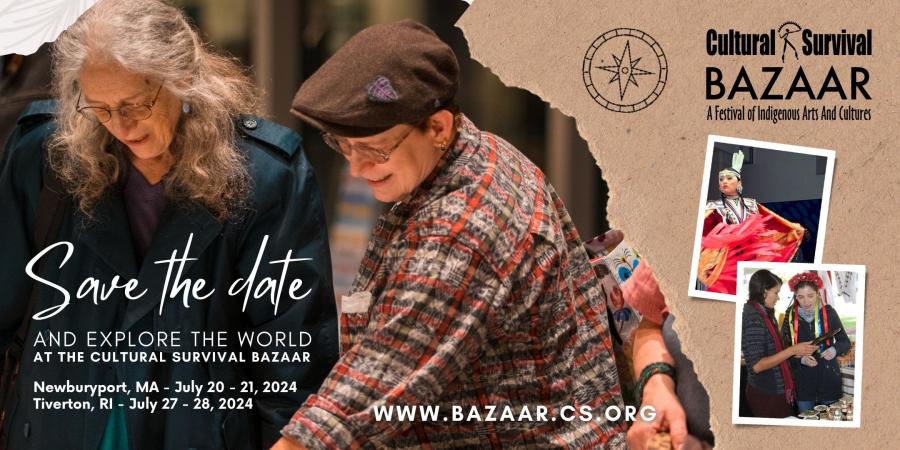What's in an image? Given the money that foreign embassies invest in public relations in the United States, it would seem that much is lost or gained depending on one's image. PR investment is well distributed - to embassy personnel who must present an appropriate image of their country in the US, to firms that are hired to lobby for the employing government, to research institutes which have been established to provide "impartial" interpretations of present global conditions and recent historical events.
Countries throughout the world have long included public information officers on their embassy staffs. These individuals are expected to monitor the press, to repudiate stories that are critical of their respective countries and try, when possible, to plant positive stories in the print or visual media. In some cases these individuals draft the copy for full page advertisements in major US newspapers to encourage investment in their countries. With some embassies, the principal task of these officials is to discredit critical stories.
In the early 1980s, for example, Ethiopian Chargé d'Affaires Tesafye Demeke wrote to The New York Times and The Washington Post on a number of occasions to discredit unfavorable stories about Ethiopia. He frequently used the same phrases - travesty of the truth, vicious and mendacious versions of reality - to discredit op. ed. pieces as well as news articles. On 8 May 1984, however, Mr. Demeke asked for political asylum in the US and admitted that all was not well in Ethiopia. Mr. Demeke's task of discrediting pieces in the major newspapers of this country was aided by an unstated policy of those newspapers not to print letters in response to letters to the editor. This results in the final "official" word being that of an embassy employee who is paid first and foremost to protect the image of his country, not present the truth.
Increasingly, embassies in the US hire public relations firms to improve their image. Emperor Haile Selassie of Ethiopia was reported to have retained a number of firms to promote Ethiopia's image in the US, and countries such as Guatemala, Israel and Turkey also have firms that represent them in the US.
Turkey retains two PR firms for this purpose. Gray and Co. of Washington, DC and Doremus of New York City together receive more than half a million dollars to maintain or better Turkey's image in the US. This is, however, a small amount of money compared to the S855 million that Turkey received from the US last year in military and economic assistance. This year, Azbarez reports, the Turkish government will invite more than 300 members of the US Congress to Turkey in order to insure that Turkey receives the S879 million scheduled for fiscal year 1985.
The Washington Post recently reported that the contract with Gray and Co. stipulated that the firm is to counter any "campaign and activities detrimental to the interests and image of Turkey." Barry Zorthian, a senior vice-president of Gray and Co. was recently fired, allegedly because his membership on the board of directors of the Armenian Assembly was an embarrassment to Sukru Elekdag, the Turkish Ambassador to the US who negotiated the agreement wish Gray and Co. Zorthian has filed charges against Gray and Co. charging that he was fired because of his national origin. The Armenian Assembly issued a statement suggesting that Turkey is attempting to impose its "discriminatory practices on the US." Other critics of the use of PR firms insist that they are actively involved in the distortion of the historical record and that they are able to lobby and otherwise influence reporters, writers and editors in ways that would be improper for foreign nationals.
Finally, embassies are increasingly involved in the establishment and funding of research institutes in the US whose purpose appears to be, in large part, at least, to present a favorable image of those countries funding them. Turkey, for instance, gave S3 million to establish the Institute of Turkish Studies, Inc. in Washington, DC. To date, Cultural Survival has received papers from this institute about the persecution of Turks in Greece and Bulgaria and the connections between Armenians, international terrorists and drugs. The institute distributes a number of publications from Turkey, ostensibly printed for the Turkish market, yet interestingly enough they are in English.
Embassies have been known to launch massive public relations campaigns to "correct" the versions of history that are being taught in the US. Recently a letter was sent from the Turkish Embassy in Washington to secondary school systems throughout the US in an attempt to dissuade them from using history books that mentioned the Armenian genocide.
For many people the manipulation of internal policy by foreign embassies is not surprising. Some would add, with justification, that such activities pale by comparison to those of the US government in most other countries. Yet, Americans need to become more critical of the news and facts that they are barraged with every day. There is, all too often, little information available about third world peoples other than that provided by powerful interests. While the media have a moral obligation to present official responses to their positions as well as the counter responses that they generate, only a better informed public will see through the propaganda distributed by embassies in this country attempting to protect their US military and economic assistance. It is the responsibility of organizations like Cultural Survival to present alternative views when appropriate, and the responsibility of our readers to circulate this information as widely as possible.
Article copyright Cultural Survival, Inc.



